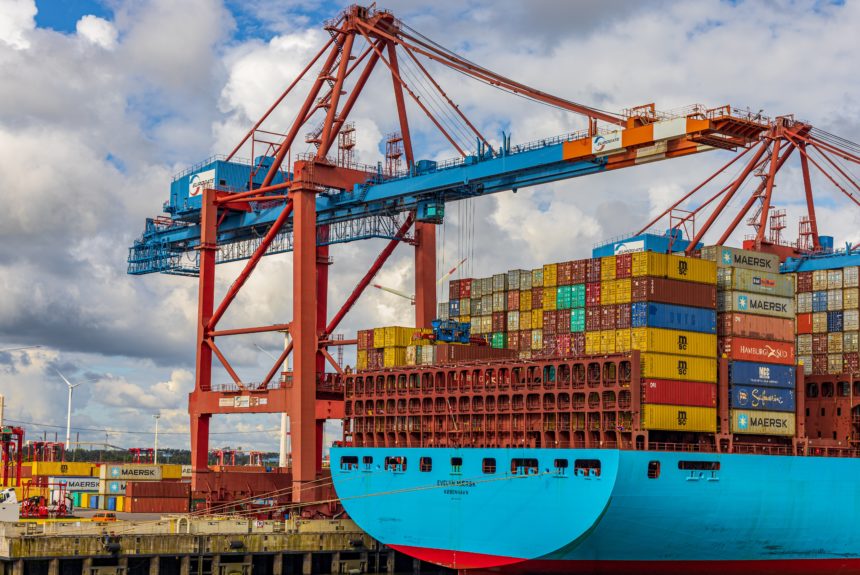Colin Grabow writes for the Cato Institute on how the Jones Act is boosting Russian energy imports.

- The Jones Act was passed in the 1920’s and mandates that all goods (including oil) that are being shipped between two ports in the U.S. must be transported on a U.S.-built boat that is manned by a crew that is at least 75% American.
- This law drives up the cost of shipping and energy transportation which often leads to domestic refineries importing oil from nations with fewer environmental regulations, such as Russia.
- The United States can be tough on Russia and tough on climate change by repealing the antiquated Jones Act to allow domestic production to flourish.
“Passed in 1920, the Jones Act restricts the domestic waterborne transport of goods to vessels that are U.S.-flagged, U.S.-built and mostly U.S.-crewed and owned. But such vessels are several times more expensive to build and operate than foreign ships, resulting in very high shipping rates. So high, in fact, that after factoring in the cost of Jones Act shipping it can often make more sense to buy products from distant countries rather than other parts of the United States—including petroleum.”
Read the full article here.
The views and opinions expressed are those of the author’s and do not necessarily reflect the official policy or position of C3.
